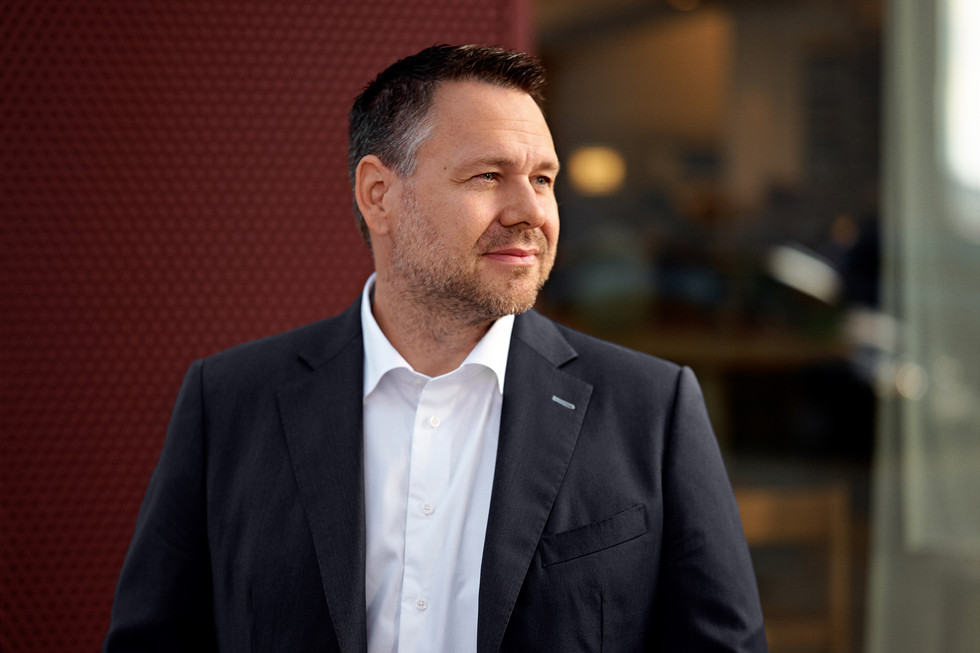Disputes – and the path to a successful outcome

Many companies experience disputes at some point, whether related to supplier agreements, transfer agreements in business or stock sales, debt recovery, or defects in delivered goods.
When resolving such a dispute, there are many options, and no single process or method is universally applicable. The key to a successful result is to initially map out the potential outcomes and risks associated with the dispute and devise a sensible strategy to address the issue.
There are many methods for resolving disputes, including negotiation, mediation, mediation, injunctions, lawsuits, arbitration, class actions, and isolated evidence collection. A satisfactory outcome often depends on quickly clarifying the relevant facts and choosing a tool that can provide clarity within an acceptable timeframe.
Should the dispute be resolved in court?
There can be many reasons to take a dispute to court. In any case, the purpose and desired outcome should be clearly defined from the beginning, allowing you to better create and implement a strategy for the case. In this context, considering your timeline expectations is crucial. A case can take a long time—sometimes very long, in the most complicated and special cases.
We also see situations where a case is part of a larger group of cases or has implications for the resolution of other cases. Here, the case's purpose is a key indicator of which case, for example, is chosen as a test case and how we ensure cost-efficiency in handling the cases.
Alternatives if time is of the essence
As many are aware, Danish courts are unfortunately overburdened, meaning that civil cases can currently take a long time—often several years at the first instance. Here, it may be worth considering other options as relevant alternatives to going to court.
An isolated evidence collection is often a favorable alternative, typically quick to carry out. This tool can involve inspection and appraisal, production of documents, or other forms of evidence gathering. The outcome can provide a basis for resolving the dispute by clarifying whether, for example, there are defects or how a particular situation should be understood.
A lawsuit requires focus
If filing a lawsuit is necessary, we find that it is not the length of the written submissions that determines whether you succeed in your claim. Instead of trying to include everything, there should be a focus on the key issues critical to the case. Not every stone needs to be turned—only those necessary to achieve the correct outcome.
During the case, it's also important to continuously assess how things are developing, including any arising risks and how to address them. This way, you always have a clear and current picture of the case's possibilities and the likely outcome.
Is arbitration better and faster?
Arbitration cases are known for being handled faster than court cases and for providing a final decision after the hearing. This is partly true but also partly false. It now also takes some time to conduct an arbitration case, requiring thorough preparation and execution.
Moreover, cases of a more technical or accounting nature often require expert witnesses, who must be selected with great precision and strategic consideration. Therefore, significant resources are often needed to achieve the correct result in an arbitration case.
Handling an arbitration case requires tight control over the process and resource usage. It is thus important to coordinate when such clauses should be used in contracts to ensure a reasonable balance in the economy concerning the subject matter of the case.
In general, our philosophy at Lund Elmer Sandager is that disputes are best resolved through constructive dialogue with the opposing party's lawyer. This often leads to the quickest and simplest resolution of the dispute. At the same time, we ensure that we only take steps and procedural actions that make sense concerning the solution.
We contribute to an efficient and manageable process, utilizing many digital tools to ensure reasonable clarity of the facts in the cases, the drafting of submissions, and exhibits. We also ensure that the main hearing and witness examinations are conducted on an informed basis and in a professional tone.



